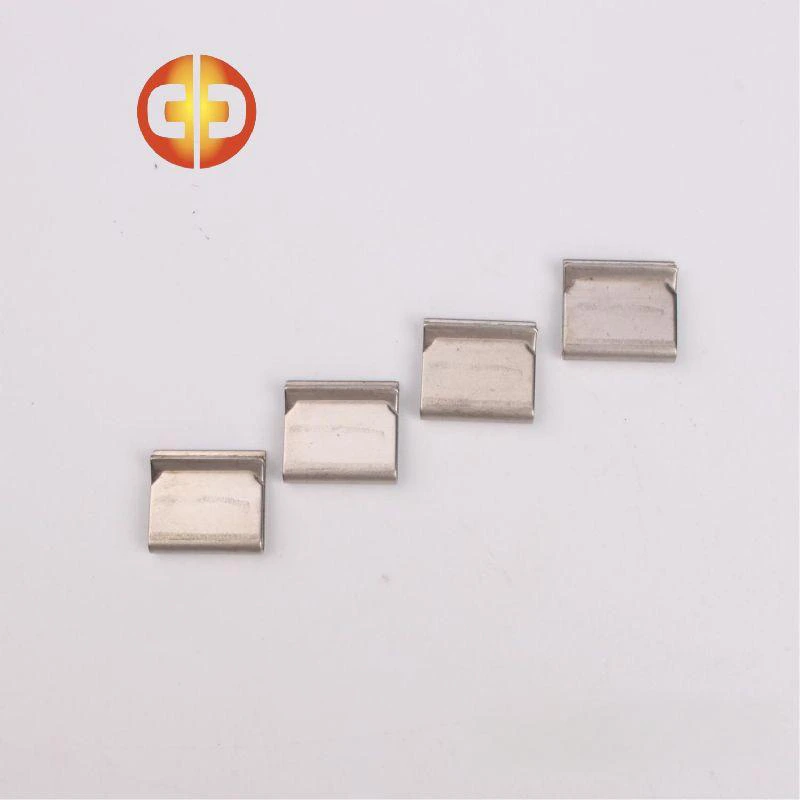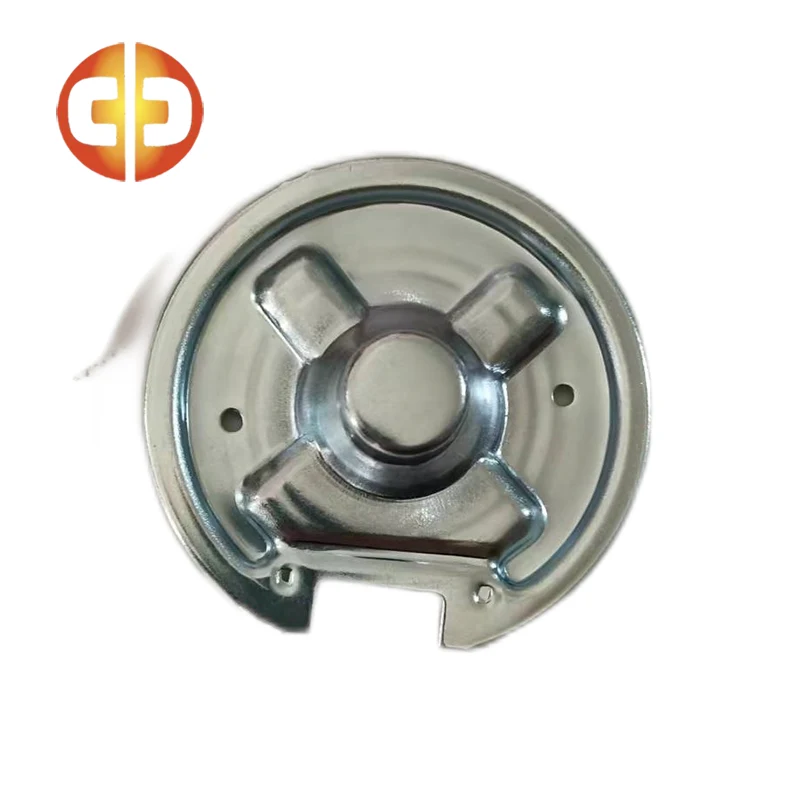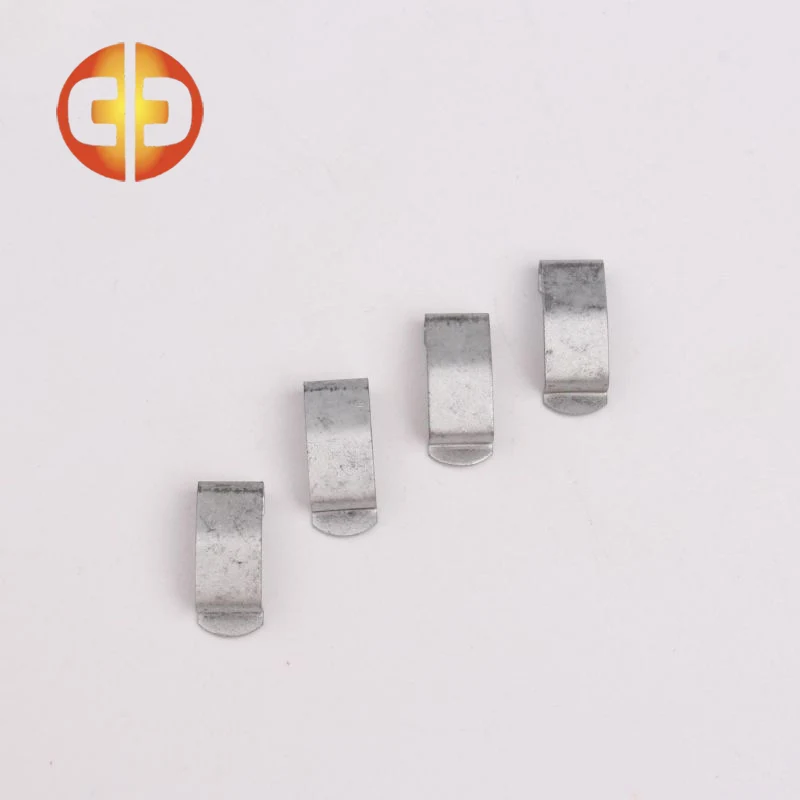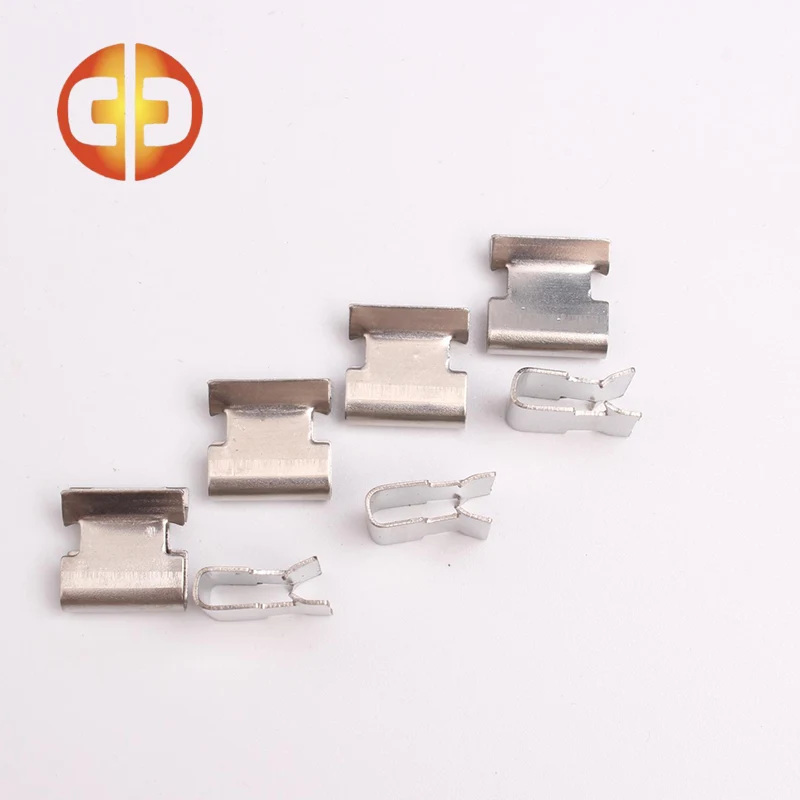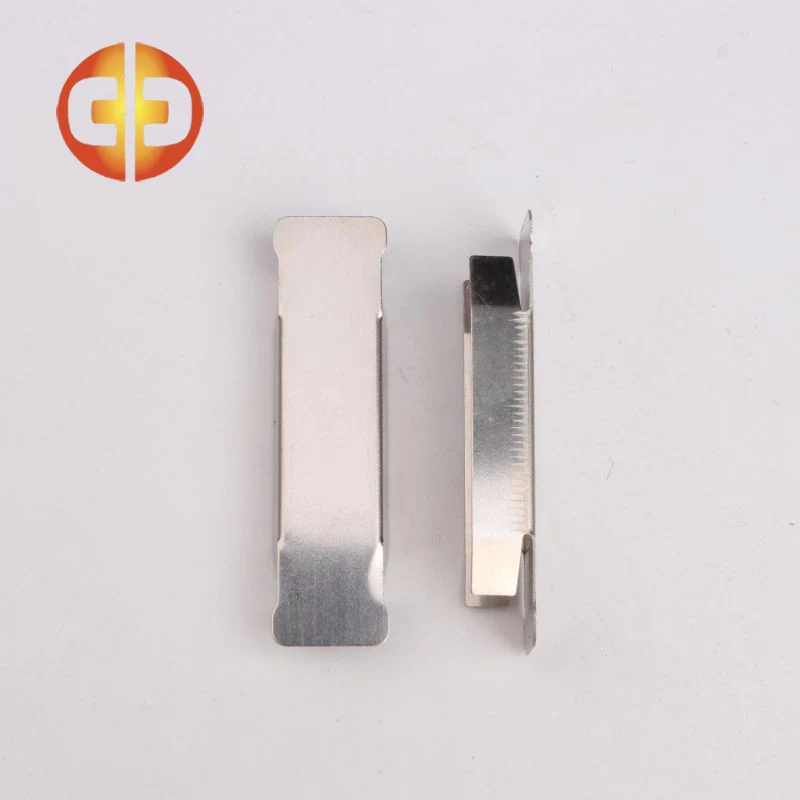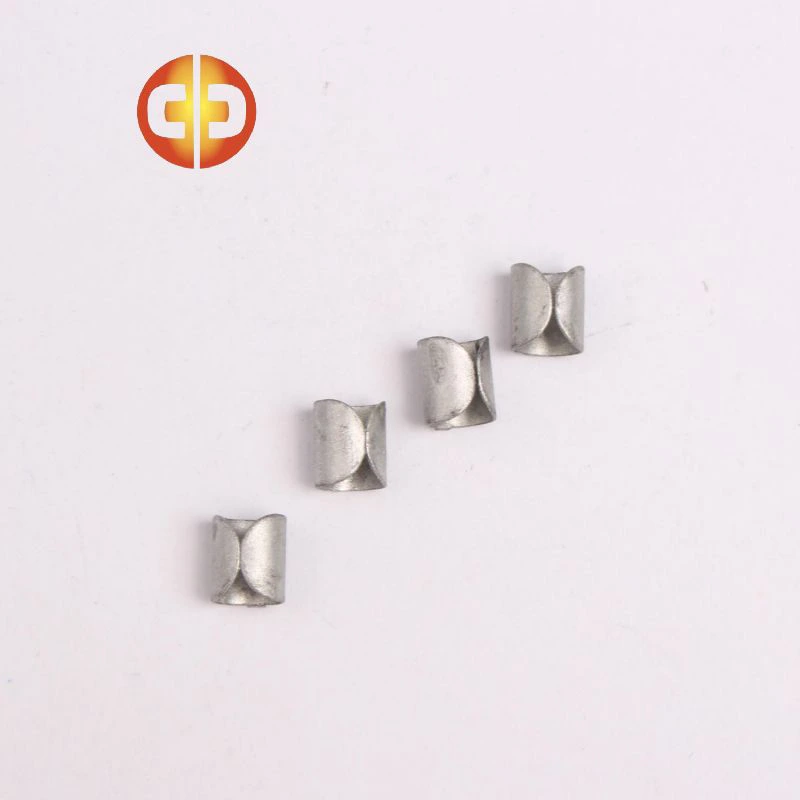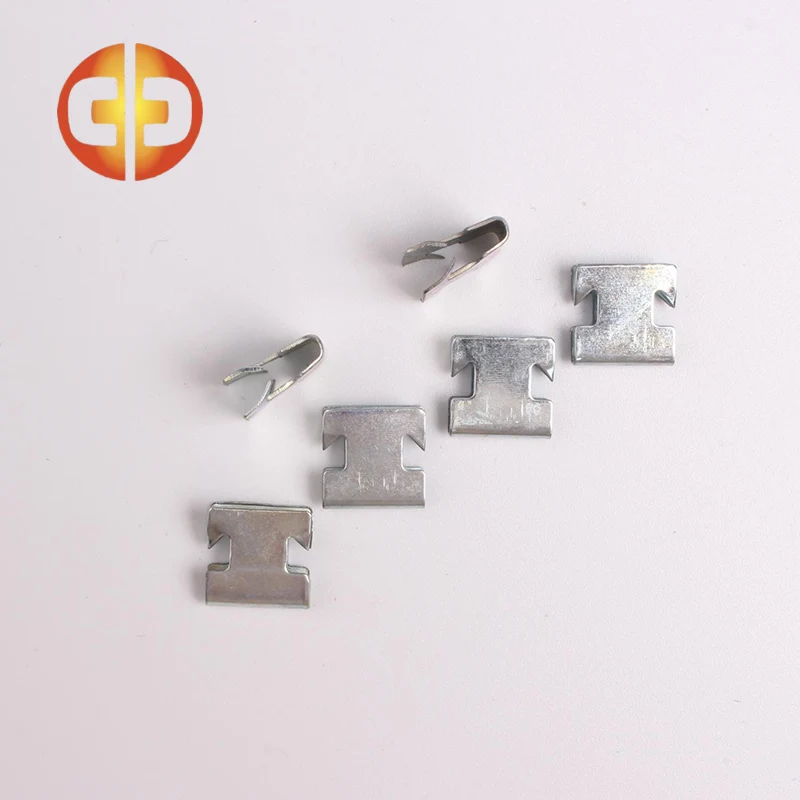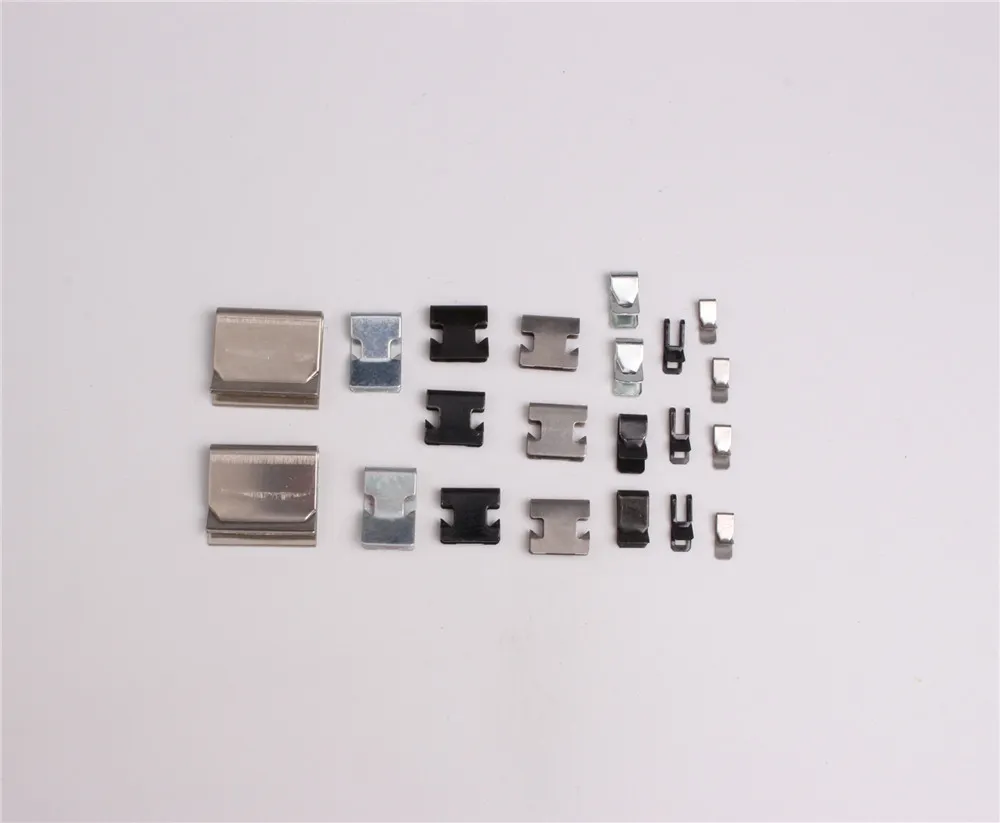
- Home
- About Us
- Products
- Metal Stamping Parts Balance Clamp
- Metal Stamping Parts Magnet
- Metal Stamping Parts End Cover
- Metal Stamping Parts Motor
- Metal Stamping Parts Carbon Brush Holder Assembly
- Hardware Accessories
- Metal Stamping Balance Clamp
- Metal Stamping End Cap
- Metal Stamping Motor Case
- Metal Stamping Carbon Brush Holder Assembly
- Stamping Parts Hardware Accessories
- Metal Stamping Parts Magnet Tile Clip
- News
- Download
- Send Inquiry
- Contact Us




